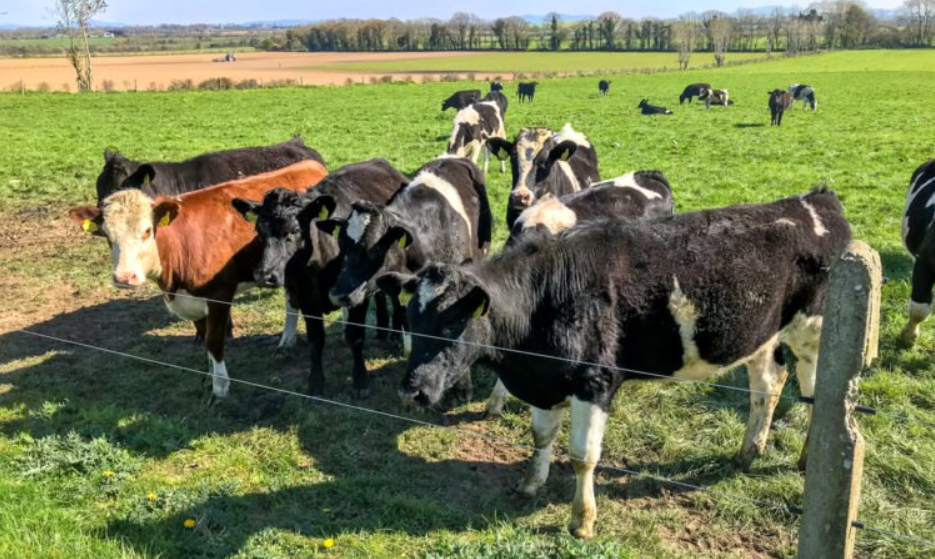Staff at Teagasc Johnstown Castle are preparing for a major event later this month, as the grounds of the historic castle will host the ‘DairyBEEF2019’ open day.
Along with covering aspects of production, calf health and rearing and the various systems available, the day will have a special focus on sustainable grassland production.
AgriLand caught up with John Finn to hear more about the event and to focus on the Johnstown Castle work that will be showcased.
“We’re delighted to be hosting the Teagasc ‘DairyBEEF2019’ open day and we are really looking forward to showing off the research that we have been working on here over the last 10-20 years.
“This is a great chance to showcase the environmentally sustainable grassland practices that underpin our grass-based systems.
“People can come along on the day and find out about dairy calf-to-beef systems; but they can also learn a lot about the research that we’ve been doing on sustainable grassland management in Johnstown Castle.
“The better you manage your nutrients, the more money you are saving, so great grassland management underpins the profitability of our systems,” he said.
Along with practical advice on soil fertility and nutrient management, the grassland village will also play host to “really practical demonstrations of grassland management”, while information on the Pasture Profit Index, making quality silage, and land drainage will also be presented.
- Growing your potential: Grass to Beef;
- Quality grass silage in calf-to-beef systems;
- Efficient use of cattle slurry;
- Gaseous losses to the atmosphere;
- Grassland P and K planning on drystock farms;
- Using the Pasture Profit Index;
- Farmland habitats;
- Multi-species mixtures;
- Grass 10 – take home messages from the Grassland Farmer of the Year Competition;
- Pre-grazing yield demonstration;
- Land drainage design in Ireland;
- Protected urea for maintaining yield with lower emissions;
- Assessing and monitoring soil quality in grassland soils;
- Mitigating agricultural greenhouse gas emissions by improved pH management of soils.
Touching on other elements that will be presented on the day, Finn said: “We’ve also got other elements of sustainability like multispecies grassland mixes that combine grasses, legumes and herds and we’re looking at how they’re contributing to grassland quality and grassland production.
“We’ll have a stand on farmland habitats and how sustainability schemes are going to include farmland habitats in the future.
“This is becoming really important for our foreign markets. We are looking at their sustainability charters and are making sure that Irish agriculture products maintain their long tradition of green production techniques and sustainable farming.
“A huge focus on our work here is about water quality and the best practice to keep nutrients supplied in the way they should be to keep crops growing, while also minimising losses to the environment through nitrate leeching.
“Another area of focus has been looking at greenhouse gases and carbon emissions from systems. Teagasc Johnstown Castle is leading the way in understanding the carbon impacts of our farming, but also the solutions to those carbon impacts.
“We’re carrying out a lot of work on soil health, farmland biodiversity and agri-environmental schemes and how agri-environmental policies can benefit food production as well as our environmental reputation,” he concluded.
When and where?
‘DairyBEEF2019’ will take place at the Johnstown Castle Research Farm, Co. Wexford, on May 21. Starting at 11:00am, the event is Department of Agriculture KT approved for beef and dairy.


